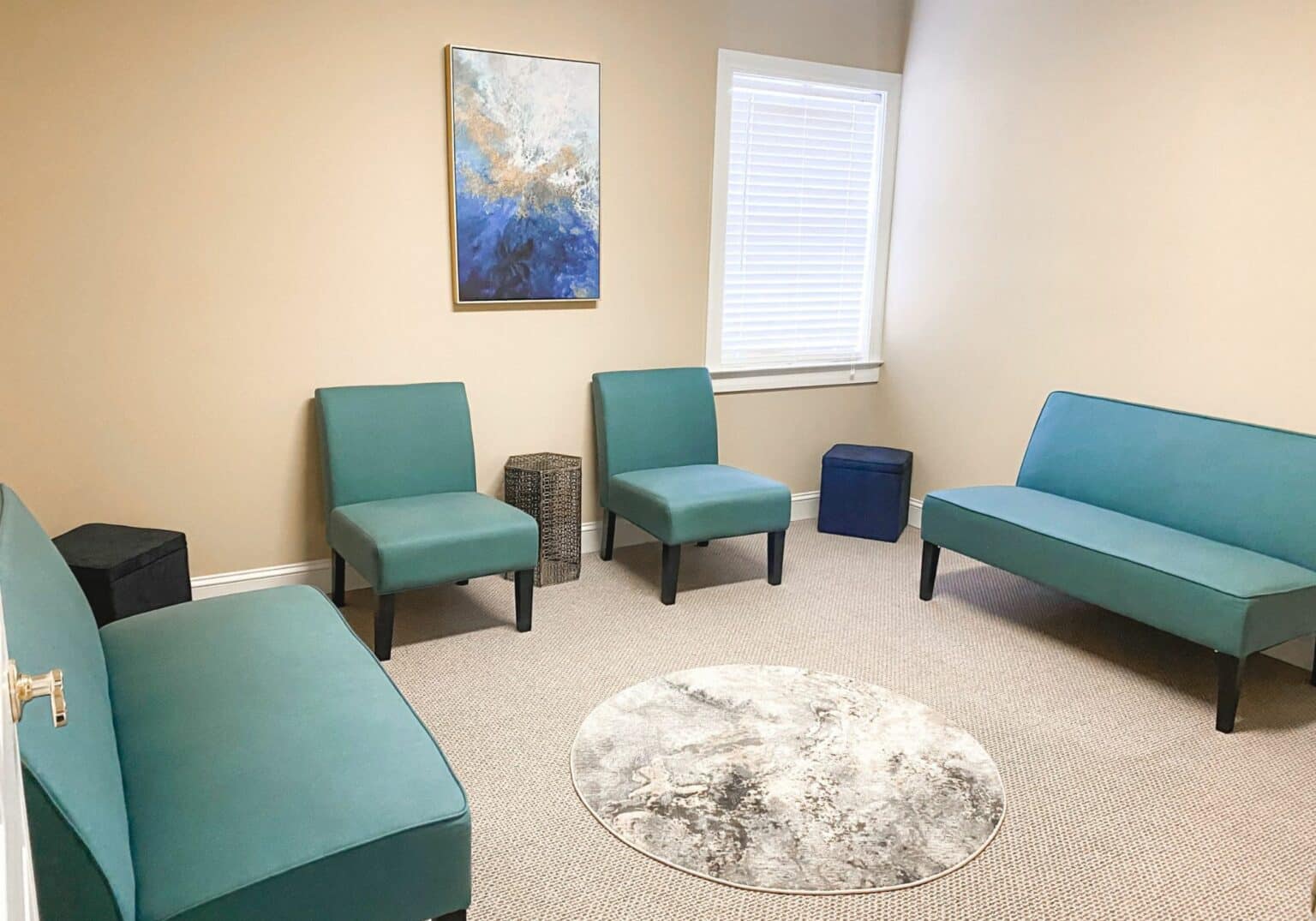Exploring treatment options for mental health concerns opens up a range of possibilities, beyond the traditional weekly therapy session or inpatient psychiatric care. Outpatient mental health treatment offers a flexible yet comprehensive approach to healing, accommodating the needs of those seeking support without requiring an extended stay in a hospital setting.
Within the spectrum of outpatient care, Intensive Outpatient Programs (IOP) and Partial Hospitalization Programs (PHP) stand out for their structured yet adaptable frameworks. These programs are designed to provide a higher level of care than standard outpatient visits, with clients participating three to five days a week based on individual requirements. This approach allows for intensive support and therapy while enabling individuals to maintain their daily routines and live at home, balancing treatment with personal responsibilities.
What is Outpatient Mental Health Treatment?
Outpatient mental health treatment encompasses a wide array of therapeutic services designed to support individuals while they continue to live at home and engage in their daily activities. This form of treatment is conducted in various settings, including offices, hospitals, and clinics, without necessitating an overnight stay. It stands in contrast to residential or inpatient programs, offering a level of flexibility that suits many seeking help for mental health challenges.
The customization of outpatient mental health care allows it to be effectively adapted to meet the unique requirements of each individual. The specific aspects of a person’s mental health condition, including its intensity and complexity, play a crucial role in shaping the extent and nature of the treatment provided. Among the diverse treatment options available are:
- Individual or group counseling sessions
- Advanced psychotherapy techniques
- Administration of psychiatric medications
- Dialectical Behavior Therapy (DBT) for emotional regulation
- Specialized programs for chemical dependency
- Targeted approaches for managing bipolar disorder
- Anxiety and depression treatment modalities
- Techniques for effective stress management
- Family therapy to improve relational dynamics
Recognizing the individuality of each person’s experience with mental health, outpatient programs are highly variable, with some offering extensive daily interventions. The process begins with a comprehensive assessment to ascertain the most beneficial treatment intensity and methodology, ensuring each patient receives the optimal support needed to foster their mental well-being.
10 Benefits of Outpatient Mental Health Treatment
1. Flexibility and Convenience
Outpatient mental health programs stand out for their adaptability, accommodating the busy lives of those they serve. Participants can maintain their work schedules, educational commitments, and familial duties without interruption. This level of flexibility ensures that treatment does not isolate individuals from their support networks or daily routines, but rather integrates healing into the fabric of everyday life, making mental health care accessible and manageable alongside other responsibilities.
2. Integration into Daily Life
These programs excel in weaving therapeutic practices into the fabric of daily existence, enabling individuals to apply learned strategies in real-time scenarios. This direct application enhances the relevance and effectiveness of therapy, facilitating sustainable changes in behavior and thought patterns. As individuals navigate their regular environments, they simultaneously practice resilience and coping strategies, embedding these skills more deeply into their psyche for lasting mental health improvements.
3. Cost-Effectiveness
The financial accessibility of outpatient care is a significant advantage, offering a more economical alternative to inpatient treatment. By eliminating the need for residential accommodation, outpatient therapy reduces overall treatment costs, making it a viable option for a broader demographic. Furthermore, the common inclusion of outpatient services in insurance coverage further alleviates financial barriers, democratizing access to essential mental health care.
4. Continuity of Care
The ongoing support characteristic of outpatient programs ensures that individuals receive continuous therapeutic intervention tailored to their evolving needs. This dynamic approach to treatment allows for adjustments over time, providing a stable foundation of care that adapts to the patient’s progress. Such continuity fosters a deepening therapeutic relationship and a nuanced understanding of the individual’s journey, enhancing the efficacy of the intervention.
5. Strong Support Systems
Outpatient treatment inherently facilitates connection with broader support networks, such as community groups and peer support circles. This communal aspect of care creates a sense of belonging and shared experience, crucial for those recovering from mental health challenges. The solidarity found in these groups offers additional emotional support, reinforcing the individual’s resilience and commitment to recovery.
6. Individualized Treatment
Tailoring treatment to address the unique challenges and goals of each individual is a cornerstone of outpatient care. This personalized approach allows therapists to delve into specific issues with greater depth and precision, crafting strategies that resonate more closely with the patient’s experiences. Such customization ensures that therapy is not only relevant but also more impactful, fostering a sense of agency and progress in the individual.
7. Holistic Treatment Approach
Outpatient programs often adopt a holistic lens, considering the myriad factors that influence mental health, from physical wellness and nutrition to social dynamics and stress management. This comprehensive strategy acknowledges the interconnectedness of various life aspects, promoting a balanced approach to healing that addresses the root causes of mental distress rather than merely mitigating symptoms.
8. Long-Term Success and Relapse Prevention
A pivotal benefit of outpatient care is its focus on equipping individuals with the skills necessary for long-term wellness and relapse prevention. Through consistent therapy and support, patients learn to navigate life’s challenges without reverting to previous unhealthy patterns, significantly reducing the likelihood of relapse. This emphasis on sustainable recovery and self-empowerment lays the groundwork for enduring mental health improvements.
9. Accessibility to Diverse Therapies
The array of therapeutic options available in outpatient settings ensures that individuals have access to the modalities that best suit their needs. From traditional talk therapies to innovative approaches like red light therapy and holistic practices, outpatient programs offer a rich tapestry of treatment possibilities, enhancing the likelihood of finding an approach that resonates with the patient’s preferences and therapeutic goals.
10. Personal Empowerment
Perhaps the most profound benefit of outpatient mental health programs is the empowerment they foster. By placing individuals at the helm of their recovery journey, these programs encourage self-exploration, self-awareness, and active participation in the healing process. This empowerment not only enhances the efficacy of treatment but also instills a sense of confidence and autonomy in individuals, enabling them to navigate future challenges with resilience and self-assurance.
Your Outpatient Mental Health Treatment at Hope Harbor Wellness in Atlanta, GA
At Hope Harbor Wellness in Atlanta, GA, we understand that each individual seeking help has their own unique journey and set of challenges. We are dedicated to offering customized care that aligns with the specific needs and goals of each of our patients. Our team is ready to provide you with more details about our outpatient mental health treatment programs in Atlanta, ensuring you receive the support and guidance necessary for your path to recovery. To learn more about how we can assist you or to get started with our services, please contact us at 678-605-9725.












